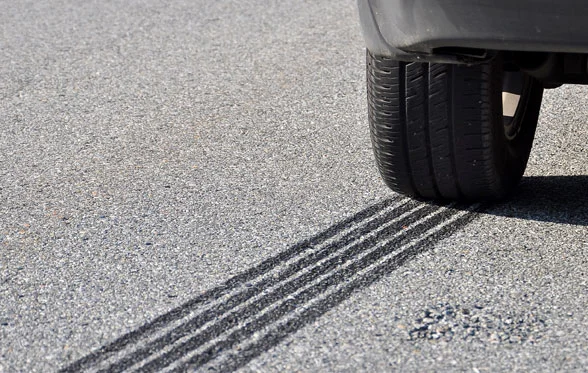Compared to its predecessor; 2007/46/EC, EU Regulation No. 2018/858 on the approval and market surveillance of motor vehicles and their trailers, and of systems, components and separate technical units intended for such vehicles, also known as the Framework Directive, places considerably more emphasis on market surveillance. Market surveillance activities are compliance verification activities undertaken on vehicles and components that are placed on the market to ensure that production vehicles and components comply with the type approval requirements, are safe and are not harmful to the environment. These compliance verification activities may take the form of documentary checks, inspections or even full compliance tests in accordance with the type approval requirements, and are carried out on vehicles and components taken from their point of sale or, in some cases, on vehicles and components in service.
Under 2007/46/EC, these market surveillance activities were undertaken by the Market Surveillance Authorities in each EU Member State. If a non-compliance was identified during these market surveillance activities, the Member State Authorities were authorised to implement measures on the type approval holder or their representative to ensure that production vehicles and components were brought back into conformity and, where appropriate, to impose financial penalties (i.e. fines).
Under (EU) 2018/858, in addition to the compliance verification activities undertaken by Member States’ Market Surveillance Authorities, the European Commission are now also authorised to undertake their own compliance verification inspections and tests on vehicles and components placed in the market anywhere within the European Union. As a result of this, the European Commission are now authorised to implement corrective measures and impose administrative fines on economic operators (i.e. type approval holders, their representatives, importers or distributors) where the compliance verification activities which they undertake identify a non-compliance with the type approval requirements.
The procedure which the European Commission must follow when establishing suitable corrective measures is laid down within (EU) 2018/858. However, the procedure and methods for the calculation and collection of the administrative fines was not included within (EU) 2018/858. Instead, the European Commission were tasked with developing a separate Delegated Regulation to detail this procedure.
On January 27, 2022, the European Commission published a draft version of their proposed Delegated Regulation on this topic for public consultation, with the reference Ares(2022)631101. The following is a brief summary of the key points from this draft Delegated Regulation:
- The European Commission must inform the economic operator of their intention to impose an administrative fine in advance of the fine being imposed and afford the economic operator an opportunity to submit observations and evidence regarding the identified non-compliance.
- In calculating the level of the administrative fine, the European Commission must take the following points into consideration:
- Any economic advantage obtained by the economic operator as a result of the non-compliance.
- Any losses to consumers as a result of the non-compliance.
- The number non-compliant vehicles or components made available in the European Union.
- Any negative impacts on the environment or on health and safety resulting from the non-compliance.
- The degree of negligence displayed by the economic operator in permitting the non-compliance to occur.
- Any attempts by the economic operator to conceal information relevant to the non-compliance.
- The level of cooperation displayed by the economic operator in identifying the non-compliance.
- Any self-initiated corrective measures undertaken by the economic operator to mitigate the non-compliance.
- Any previous sanctions relating to non-compliances placed on the economic operator by the European Commission or by any Member States’ Market Surveillance Authorities.
- The level of the resulting administrative fine must ensure effectiveness, proportionality and dissuasiveness.
- Once issued by the European Commission, administrative fines must be paid within 3 months.
Once finalised, this Delegated Regulation will enter into force twenty days after its publication in the Official Journal of the European Union.
